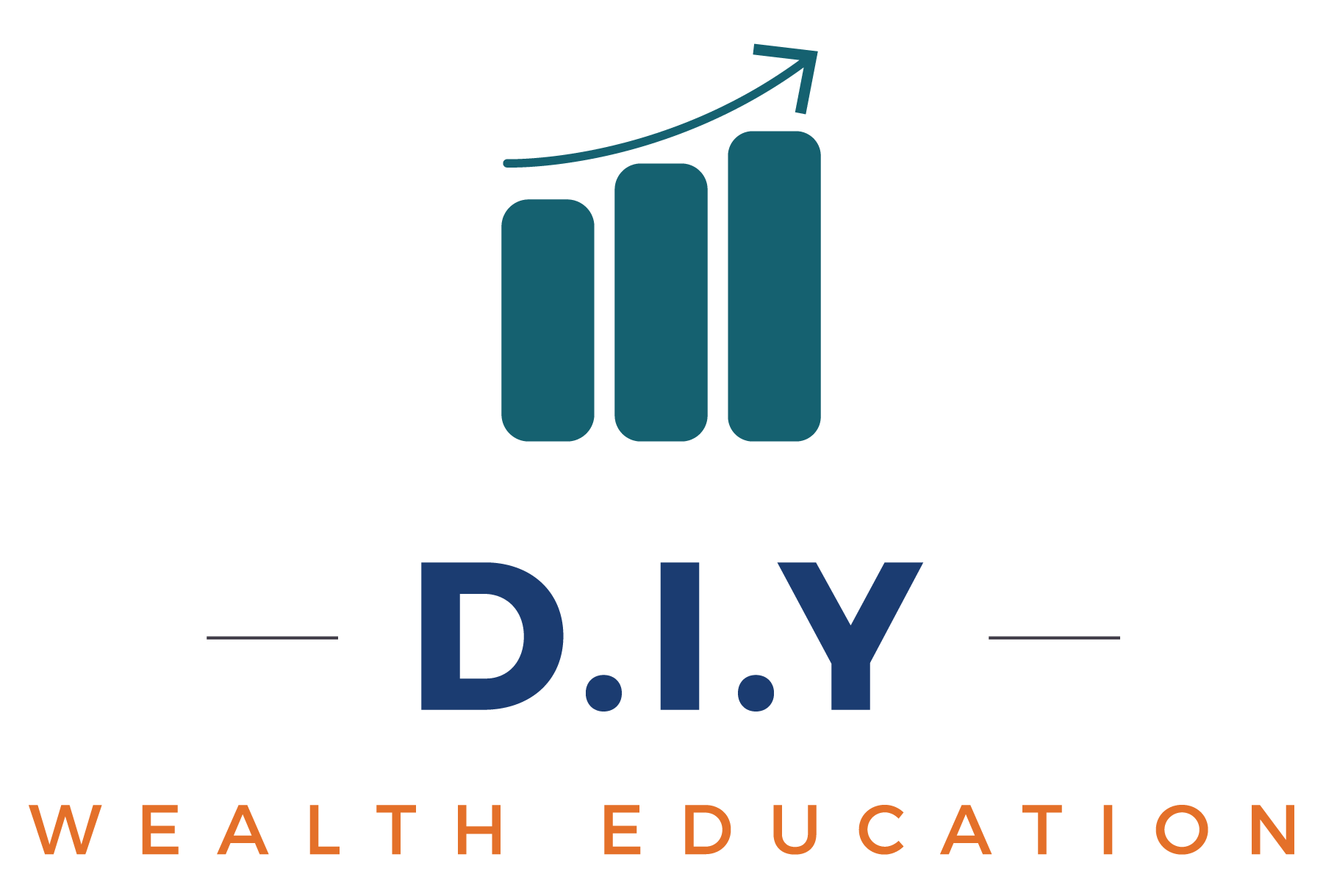I was at a training session the other day where controlling money was one of the topics. The instructor made a very valid point that I truly agree with. Understanding your finances is very easy. I try to live by the words “Think Simple”. His example fits right into that idea. There are only 3 things that you need to know, to control your finances.
-
How much do I make?
-
How much do I spend?
-
How much do I owe?
How much do I make? This is for most people, pretty easy to figure out. Add up your pay for the month. (Full time and Part time) That is how much you make. If you have some investments, then there are few more questions. Do your investments pay out money that you can spend easily every month? If so, then that is part of the simple “How much do I make” figure. If they do pay out every month, but the money stays in an account, (like a GIC or TFSA or RRSP) then it does not count. Not that hard right?
How much do I spend? This one is a little tougher. It means you have to do some looking. If you have online banking, it is pretty easy. Select the account, select just one month, and then look at the total withdrawals at the bottom of the page. (Really accurate if you use a debit card for most transactions.) Pretty simple right? But that is just the cash spending. What about what you spent using a CREDIT CARD?? Get out your credit card(s) statement and look at what got put on the card this month. Add that amount to your “How much do I spend” amount. Don’t forget to add the INTEREST DUE as well.
Now comes the moment of truth. Which number is bigger?? Congratulation if the “How much do I make” is bigger than the “How much do I spend.” You are in the minority. You are also on your way to financial independence!
But wait! There is one more question. “How much do I owe?” Since you have the credit card statement(s) out look at the total balance. Now add any balances on your line of credit, student loan, car payment, and mortgage. It might look like a pretty scary number!! I personally don’t always include the mortgage. That usually makes the number truly horrendous. Part of my reasoning is, the mortgage is usually at a much lower rate of interest, and is not revolving like the other types of debt. The revolving debt (credit cards always) is the most money sucking kind.
What do we do with this big depressing number? We record it, and wait for next month. We do this simple exercise again. We compare “How much do I make” to “How much do I spend.” If you again make more than you spend, that is great. Then we look at the “How much do I owe” number. Is it smaller (even a little bit) than last month? FANTASTIC!! If it is bigger than last month, you have a serious problem.
Even if your “How much do I make” versus “How much do I spend” is bigger, but your “What do I owe” is getting larger, that is the signal that you are using your “CREDIT” to finance your lifestyle. That road leads to financial disaster.
How do you know if you are heading in the right direction?? Simple. If your “How much do I make” figure is larger than your “How much do I spend” figure, AND your “How much do I owe” figure is going down every month you are WINNING!!
The “How much do I make” versus “How much do I spend” figure does not have to be up every month. That is not realistic. Some months you will have extra expenses. But over the year, your “How much do I make” figure needs to be bigger than your “How much do I spend” to be in good financial health. Your “How much do I owe” figure also needs to be getting lower year over year.
What if you are not in good financial health?? You have all the information that you need in those 3 questions. The answer is simple to give, not so easy to do. If your “How much do I spend” is always larger than your “How much do I make” you have to spend less. That usually means you have to change your lifestyle. Eat out less, buy less stuff. Before you buy something ask yourself DO I REALLY NEED THIS? Totally different than asking DO I WANT THIS? If the “How much do I make” is bigger than the “How much do I spend” but your “How much do I owe” is always going up, you need to take some of that extra money and pay down the debt.
Controlling your financial health takes less time and effort than controlling your physical health. But it can be just as important.

